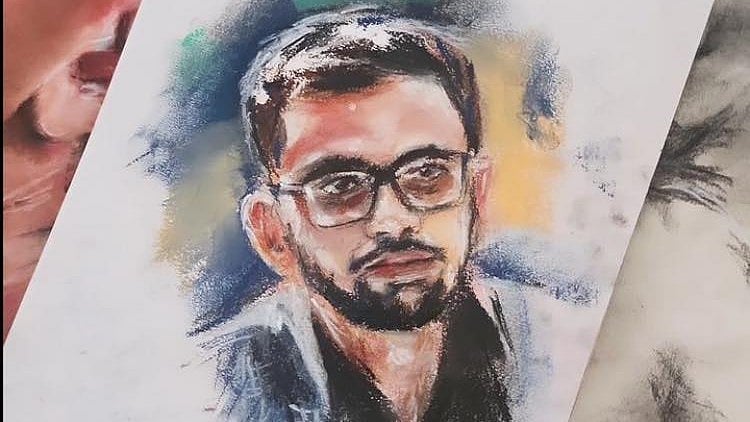Nation
Delhi riots case: Umar Khalid challenges conspiracy theory, cites lack of proof
Senior counsel tells court his client was not present at alleged meeting said to form the basis of larger conspiracy in the riots

Senior counsel for Umar Khalid told court on Wednesday that his client was not present at an alleged meeting said to form the basis of the larger conspiracy in the 2020 Delhi riots, while also challenging several other allegations made by prosecution.
The argument came before additional sessions judge Sameer Bajpai, as Khalid’s lawyer, senior advocate Trideep Pais, strongly opposed the framing of charges against him.
“I was not present in the main meeting where I supposedly conspired,” Pais asserted, further noting that call detail records (CDRs) purportedly support Khalid’s claim of absence.
Prosecution witnesses have alleged that the conspiracy was hatched in that meeting. But Pais countered that no recoveries have been made from Khalid, nor does the charge sheet allege that he raised or received funds linked to the alleged wider conspiracy. These are critical points in his defence, according to Pais.
Last month, his lawyer described Khalid’s continued detention as being held in custody over “a joke of an FIR”, which he argued “did not have the sanctity of law”. The defence insists that the legal basis for charges against him is flawed.
Khalid has been in custody since his arrest on 13 September 2020. He is one of twenty accused in the case, the others including activists Sharjeel Imam, Khalid Saifi, and former Aam Aadmi Party (AAP) councillor Tahir Hussain.
They have all been booked for their alleged involvement in a conspiracy that allegedly incited the northeast Delhi communal violence in February 2020.
Published: undefined
In prior hearings, high courts have rejected bail applications for Khalid and several of his co-accused, citing prima facie material suggesting involvement in conspiracy and severity of charges under the Unlawful Activities Prevention Act (UAPA).
The prosecution has argued that even messaging in WhatsApp groups, links posted on social media, and claimed associations are sufficient to show Khalid’s alleged role in incitement and planning.
Pais has contested that many accusations are based on opinion rather than concrete evidence. He has pointed to inconsistencies in witness statements, delays in bringing witnesses, and alleged fabrication of evidence in some of the related cases.
He has also raised the issue of 'parity', saying that other accused with similar or more serious allegations have been granted bail, while Khalid remains behind bars.
The legal arguments will resume on Thursday, when the court will hear further submissions on whether the charges should be framed against Khalid. Framing is the stage where court determines whether there is sufficient basis to proceed to trial.
At its core, the defence seeks to challenge the validity of allegations made in the charge‑sheet, demand proof of tangible links like financial transactions or control of communications, and question procedural fairness.
The case continues to attract considerable attention given its implications for legal standards in conspiracy cases and the rights of those accused under stringent laws like the UAPA.
Published: undefined
Follow us on: Facebook, Twitter, Google News, Instagram
Join our official telegram channel (@nationalherald) and stay updated with the latest headlines
Published: undefined